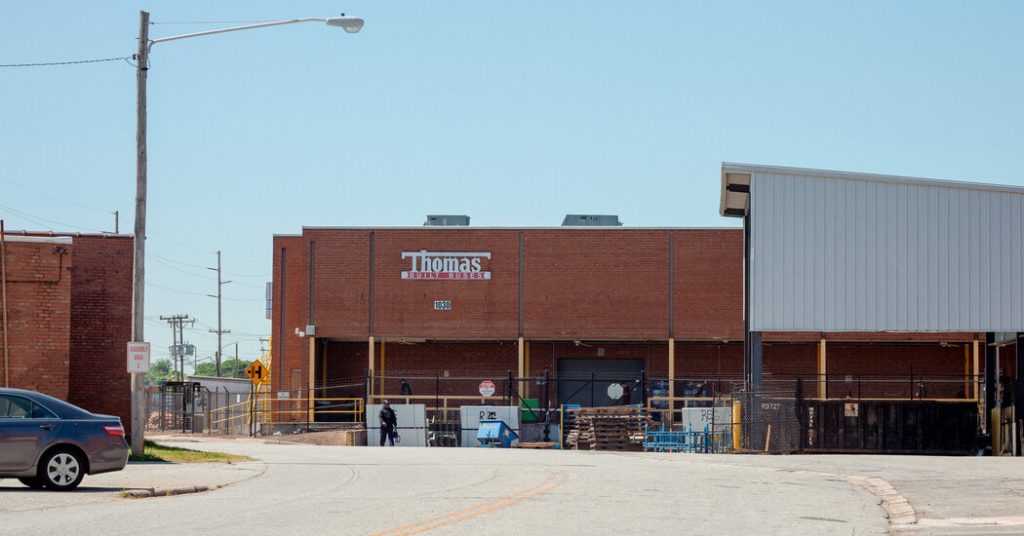Daimler Truck workers in North Carolina are poised to strike as contract talks with the United Automobile Workers remain deadlocked. The contract covering 7,000 employees is set to expire, potentially leading to a strike at the company’s four factories in the state, where Freightliner and Western Star trucks, Thomas Built buses, and various components are produced. This strike would be part of the U.A.W.’s efforts to strengthen its presence in Southern states, following recent successes at Volkswagen’s Chattanooga plant and upcoming unionization vote at a Mercedes-Benz factory in Alabama.
The U.A.W. has represented Daimler Truck workers for several decades and has become more assertive in seeking better pay and benefits after securing significant gains for workers at Ford, General Motors, and Stellantis last year. A favorable contract for Daimler workers would further bolster the union’s push to organize auto factories in the U.S., including at companies like Toyota and Tesla. The workers at Daimler Truck are seeking increased job security, particularly after some production was shifted to Mexico, in addition to pay raises, automatic cost-of-living adjustments, and improved health benefits.
While negotiations saw some progress this week with Daimler agreeing to a profit-sharing plan for workers, the two sides remain far apart on key issues such as pay, cost-of-living increases, and health benefits. The U.A.W. has indicated that workers will go on strike unless they receive the favorable contract they are demanding. Daimler, on the other hand, has stated that it is engaging in good-faith negotiations to reach a mutually beneficial agreement that allows the company to continue delivering products to its customers.
A potential strike at Daimler Truck would add to the U.A.W.’s recent victories and could strengthen the union’s position in the ongoing battle to organize auto workers in the U.S. The union’s successful representation of workers at other major auto companies has set the stage for continued efforts to improve conditions and secure better contracts for employees in the industry. The outcome of the negotiations between Daimler and the U.A.W. could have significant implications for the future of labor relations within the auto manufacturing sector.
As the deadline for the contract expiration approaches, tensions are mounting among Daimler Truck workers who are prepared to strike if a satisfactory agreement is not reached. The outcome of these negotiations will not only impact the thousands of employees in North Carolina but also signal the strength and influence of the U.A.W. in its efforts to organize auto workers, particularly in Southern states where union activity has traditionally been weaker. The coming days will be crucial in determining the outcome of this labor dispute and its broader implications for the auto industry and organized labor in the U.S.


